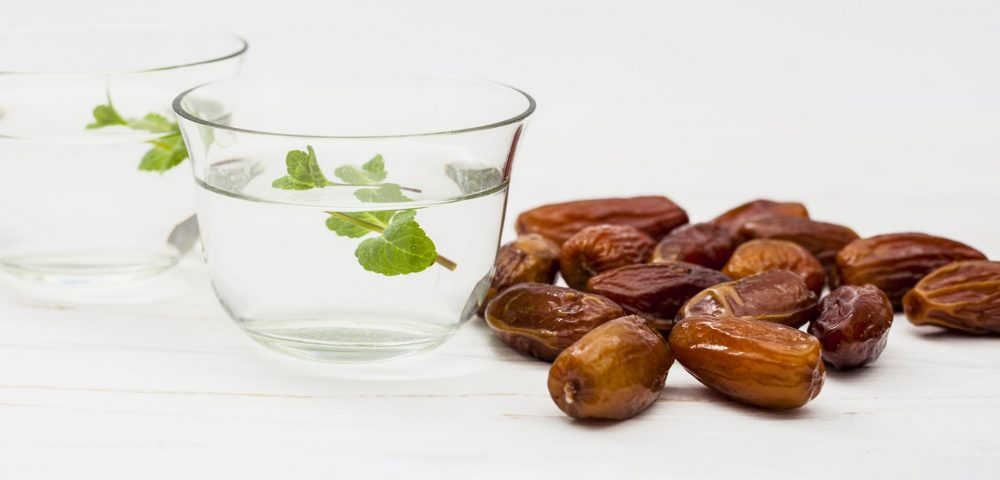Dates are high in natural sugar, so many people think they may not be good for them, they don’t know about the Nutritional Values of Dates. However, these sweet fruits are packed with plenty of nutrients, making them an excellent snack in moderation. Dates grow on date palms in small clusters. The term date comes from the Greek word daktulos, which means fingers.
Farmers harvest dates in the fall and early winter, so dates usually taste freshest at this time of year. However, many people eat dried dates, which can last for a long time in a sealed container.
In this article, learn about the health benefits of dates and how to incorporate them into a well-balanced diet.
Nutritional Value of Dates
Dates are high in fiber and potassium.
The following is the nutritional information for one average-sized date:
- calories: 20
- total fat: 0.03 grams (g)
- total carbohydrates: 5.33 g
- dietary fiber: 0.6 g
- sugar: 4.5 g
- protein: 0.17 g
- vitamin B-6: 0.012 milligrams (mg)
- iron: 0.07 mg
- magnesium: 3 mg
- potassium: 47 mg
Five benefits of eating dates
In addition to tasting great, dates contain protein, vitamins, and minerals. They are also:
- High in polyphenols. Polyphenols are antioxidant compounds that can protect the body from inflammation. Dates contain more polyphenols than most other fruits and vegetables.
- Alternative to empty-calorie sweets. Dates can satisfy a person’s sweet tooth while also providing essential nutrients, such as vitamin B-6 and iron.
- High in fiber. Just ¼ of a cup of dates provides 12 percent of a person’s daily fiber requirement. Fiber helps a person feel fuller for longer.
- High in potassium. Dates are high in potassium, which is an electrolyte the body needs for good heart health. Potassium also helps to build muscle and proteins in the body.
- Great for substitutions. People can replace the sugar, chocolate chips, or candies in baking recipes with dates to ensure they are eating natural sugars instead of refined sugars.
How to eat dates
Dates can be eaten fresh or dried, much like raisins. People can also add them to a variety of sweet or savory dishes.
Some examples of dishes that incorporate dates include:
- Stuffed dates: People can stuff dates with almonds, pecans, cream cheese, or pistachios for a snack or finger food.
- Salads: Chopped, sliced, or pitted whole dates are an excellent addition to salads.
- Smoothies: Blending dates into a banana smoothie adds natural sweetness and extra nutritional value.
- Stews: Dates taste great in Moroccan stews or tagine dishes.
- Energy balls: People can blend dates with nuts, cranberries, oats, coconut flakes, or a variety of other ingredients to make no-bake “energy balls.”
When shopping for dates, people should look for those that are shiny and unbroken.
A person can store fresh dates in an airtight container in the refrigerator for many months and even longer in the freezer. If refrigerated, dried dates will last for about 1 year in an airtight container and many years if frozen.
A person should not eat dates that have a sour smell, are very hard, or have crystallized sugar on their surface. These signs can indicate the dates have gone bad.
Summary
Eating dates can be an easy way for a person to incorporate a new fruit into their diet.
When eaten in moderation, dates can also contribute essential nutrients, such as potassium, magnesium, iron, and manganese, this endorse the high Nutritional Values of Dates.
At Gilano Trading, we deal in best quality dates like, Aseel, Begum Jangi, Balochistan Rabbi & Turbat Mix.

